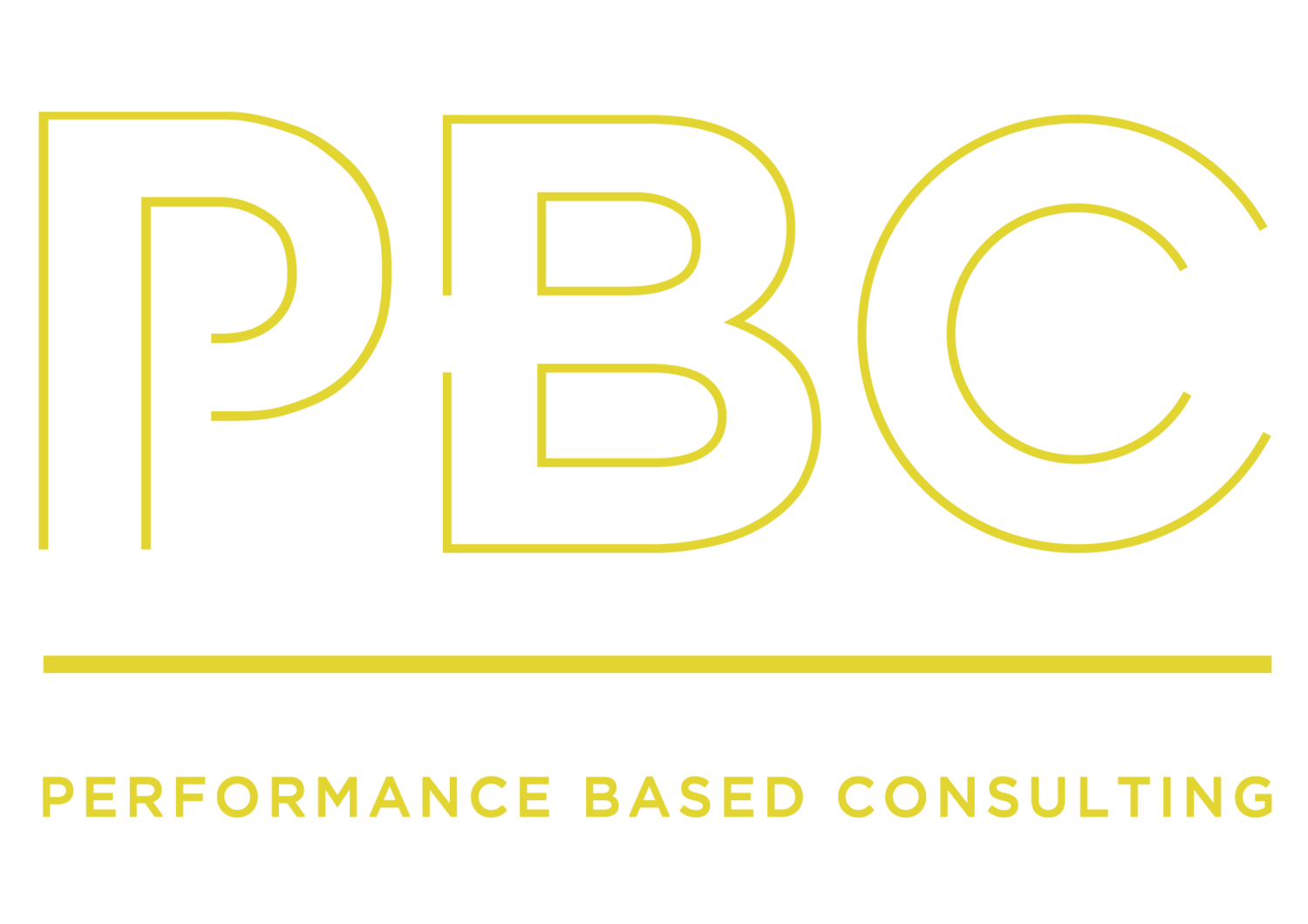ABC recently presented a program titled ‘War on Waste’. Craig Reucassel (of Chaser’s War on Everything – an influential program on my childhood) teaches us about the life of bananas – how they are picked and sorted and ultimately delivered to the supermarket display. Craig reveals that up to 40 percent of bananas are thrown away by farmers because they don’t meet supermarket standards. They are too bent, too straight, too long, too short, too fat or too thin – superficially inappropriate, and therefore unprofitable.
This was met with outrage by many of my friends! How could a company justify throwing out perfectly edible food when there are so many people starving in the world?
But I wasn’t concerned, or even phased. Four years of a mechanical engineering degree has taught me enough to be familiar with manufacturing design – this level of discard is standard practice. Anything mass produced incorporates copious amount of waste and unused product. Efficiency is only considered if it produces profit, or is required by regulation.
This mentality is foreign outside of engineering. People are used to making life decisions and considering a whole range of factors – ethics, convenience, effectiveness. They aren’t familiar with the engineering mindset of designing specifically and directly to achieve a set of project requirements. This is what we are paid to do. The engineer will only incorporate sustainable principles if they are contractually obliged to.
Sustainability is captured by those who set the requirements; the financiers, the managers, the corporations. Why should they incorporate sustainability? It will cost them more to produce the same quantity, reducing shareholder value and sacrificing profit. Losing jobs. The level of responsibility implemented by the people in power is governed by whether it is profitable to do so.
Sustainability will be implemented when the values of the culture and society require it – when the consumer will pay a premium for a product manufactured with ethical principles. The agent of change in society, in engineering, in the world, is the end user – and when they decide they want sustainable products, industry will follow.


